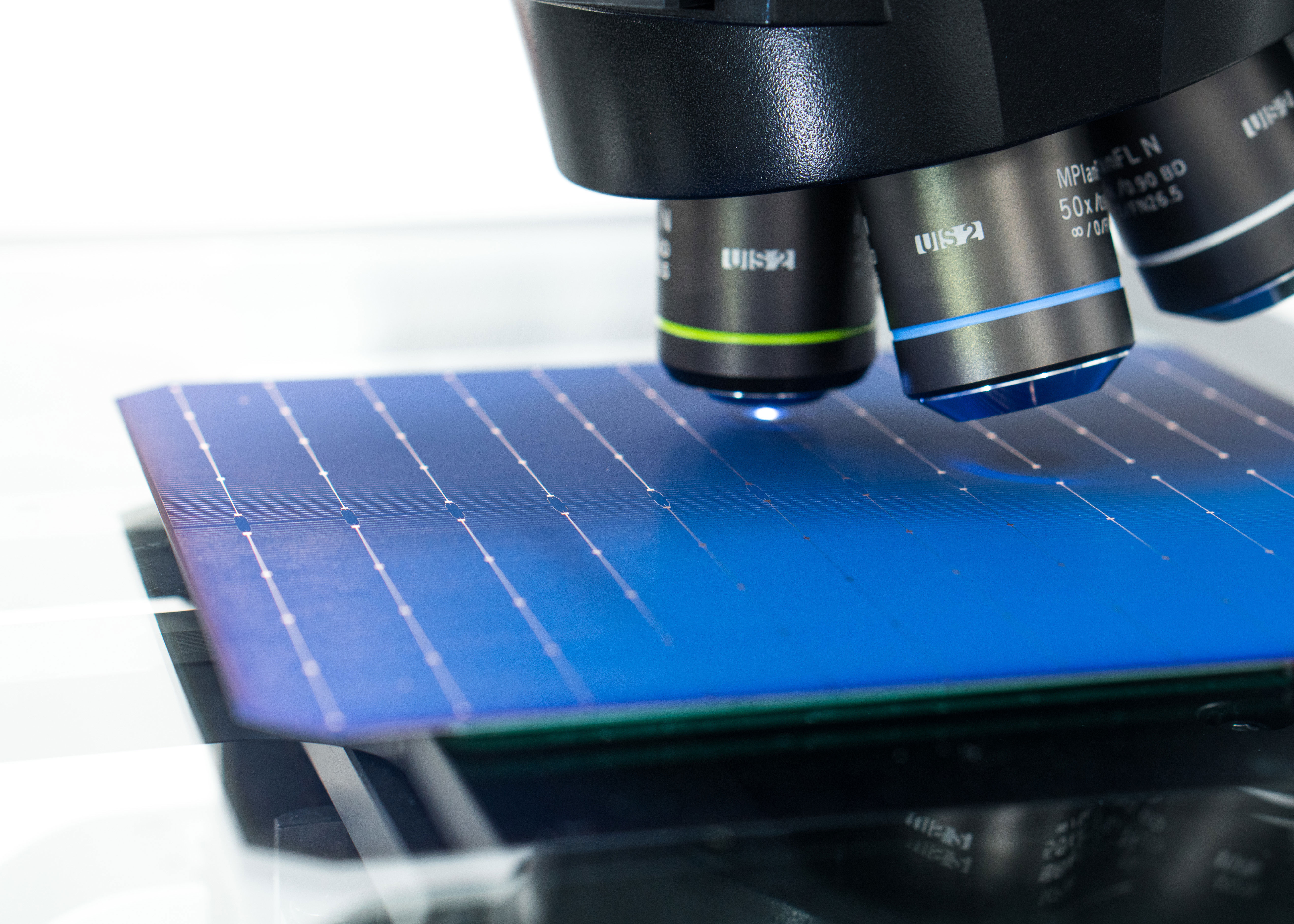
MicroTau is flying high with shark-skin inspired technology
Reducing aviation and shipping drag to cut emissions
Australian advanced manufacturing company MicroTau is bringing an innovative solution to aviation and shipping emissions – a lightweight film product that can be applied to the surface of aircraft, reducing drag, improving fuel efficiency and cutting emissions.
$3m
CEFC investment
1st
US Air Force testing
~225m tCO2-e
annual abatement
Aviation and shipping have a burning fuel problem that’s only getting worse. Over millions of years nature has developed solutions to improve efficiency, and now – with the backing of the CEFC – MicroTau will put shark skin inspired film on planes to help fight climate change.Henry BilinskyMicroTau CEO and founder
Our investment
The CEFC has invested $3 million in Sydney-based advanced manufacturing company MicroTau, through the specialist Clean Energy Innovation Fund, managed by Virescent Ventures.
MicroTau has also attracted strategic investors including venture capitalist Bill Tai and Amanda Terry of ACTAI Ventures.
Chosen for US Air Force testing
The United States Department of Defence has selected MicroTau to conduct flight testing of its sharkskin-inspired riblet film, which improves the fuel efficiency of aircraft resulting in:
- fuel cost savings
- reduced carbon emissions
- improved operational range.
The film will be tested on the wings and fuselage of a Lockheed Martin C-130J Super Hercules operated by the Air Force Special Operations Command in the first flight tests of such a product on US Air Force aircraft. Lockheed Martin will support flight testing and performance evaluation.
The US Air Force operates the largest fleet of aircraft in the world and MicroTau says that if the prototype project is successful, it could result in a rollout of riblet films for USAF C-130, C-17, and KC-135 fleet with a total value of up to US$540 million.1
The company’s connection with the US Air Force extends back to its foundations in 2015 when its Direct Contactless Microfabrication technology was chosen in a US Air Force global competition seeking fuel efficiency solutions.
our impact
Aviation industry pledges net zero
By 2050 demand for flying could increase aviation’s greenhouse gas emissions by more than 300 per cent over 2005 levels if no drastic measures are taken to reduce them, according to the European Commission. However, the global aviation industry has agreed target achieving net zero emissions in that timeframe.2
The United Nations International Civil Aviation Organisation has identified ramping up innovative aircraft technologies, streamlining flight operations and the increased production and use of sustainable aviation fuels as agreed measures to reduce CO2 emissions.
An energy efficient solution with global implications
MicroTau estimates its technology has the potential to save commercial aviation and shipping more than US$34 billion in fuel costs, delivering as much as 225 million tCO2-e in abatement annually.
The technology is used to print microscopic patterns inspired by nature to replicate their functional properties in a process that is scalable for large surfaces.
The MicroTau film has the potential to be a cost effective, scalable solution that can be retrofitted to existing transport to help minimise the carbon footprint of major transport industries. The company is aiming to improve fuel efficiency by as much as 10 per cent using the product.
With limited immediate options for converting existing aero fleets to zero carbon fuels, MicroTau has initially focused on the aviation industry to minimise fuel costs and emissions. The technology also has scope to be applied across a range of industries spanning aviation, shipping and wind turbines.
Innovation recognised
The film has been recognised by industry and was named Best Innovation of the Year in the 2023 Australian Aviation Awards. MicroTau has also been awarded more than $10 million in competitive grants and contracts to develop its sharkskin riblet film for aircraft.




